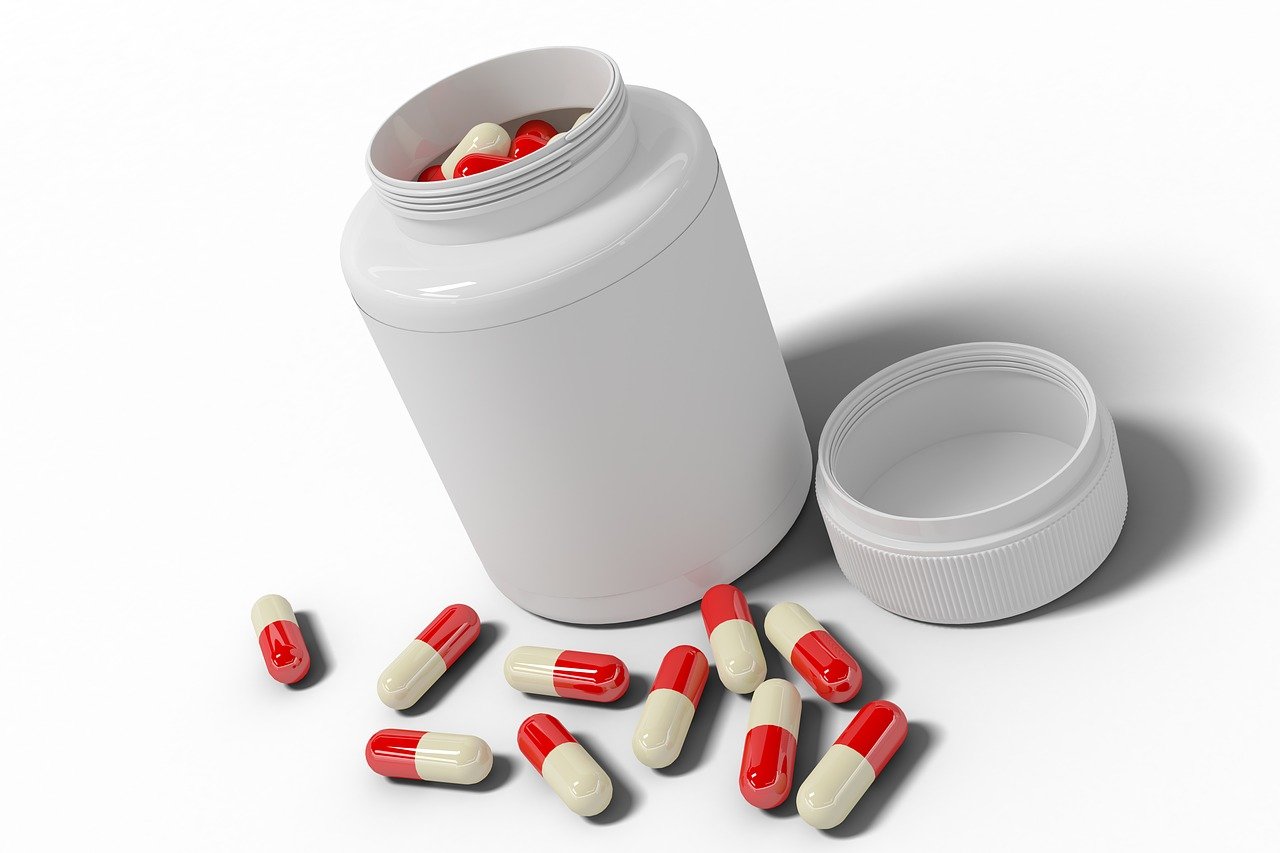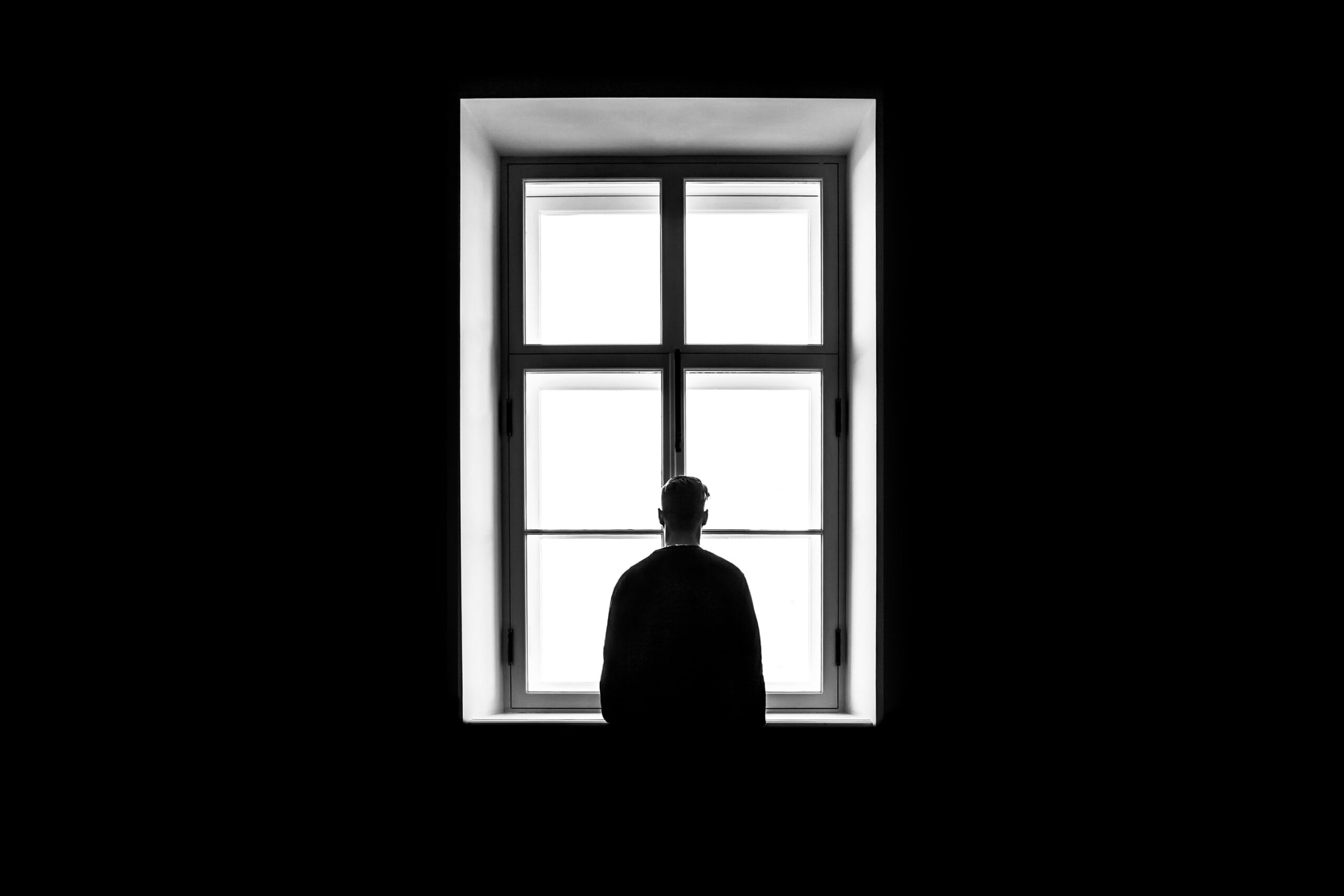This Saturday, October 26, is another opportunity to take back those medications that are sitting on your shelf – and at least two Delaware County locations will be open for that purpose.
“Keeping medications past their usefulness can be dangerous because time can change how some medications work,” said Lori Criss, director of the Ohio Department of Mental Health and Addiction Services. “Medications that you no longer take or that have passed the expiration date on their labels should be disposed of promptly and properly.”
“Keep yourself and your loved ones safe by removing unused medications from your home,” added Ursel J. McElroy, director of the Ohio Department of Aging. “National Prescription Take-Back Day provides a convenient and safe way to do so.”
Rates of prescription drug abuse in the United States are alarmingly high, as are the number of accidental poisonings and overdoses due to these drugs. The Substance Abuse and Mental Health Services Administration’s National Survey on Drug Use and Health shows that the majority of misused and abused prescription drugs are obtained from family and friends, including someone else’s medication being stolen from the home medicine cabinet.
Further, methods traditionally used to dispose of drugs, such as flushing them down the toilet or throwing them in the trash, can pose potential safety and health hazards.
National Prescription Drug Take-Back Day is sponsored by the U.S. Drug Enforcement Administration and is held twice each year. Sites will accept most pills and patches. They cannot accept liquids or needles.
Sites in Delaware County including one at the Walgreen’s at 748 North State Street in Westerville, sponsored by the Westerville Division of Police; and the Kroger at 3975 Powell Road in Powell, sponsored by the Delaware County Sheriff’s Office.
If you are unable to visit a collection site on National Prescription Drug Take-Back Day, the departments recommend these tips for safe disposal:
- Contact your pharmacy. Tell your pharmacist the name of the medications that you wish to dispose of and ask about the most appropriate means of disposal;
- Follow any specific disposal instructions on the package or Drug Facts labels of non-prescription medications;
- Do not flush any medications down the sink or toilet or throw them in the trash unless the package or your doctor or pharmacist specifically instructs you to do so;
- For medications that can be thrown in the trash, mix them with an undesirable substance, such as kitty litter or used coffee grounds, then place the mixture into a sealable bag, bottle or container;
- Do not crush tablets or capsules that will be thrown in the trash; and
- For medications that cannot be flushed or thrown in the trash, check with local pharmacies, law enforcement agencies, or trash and recycling providers about medication disposal guidelines and options such as drop boxes in your community.
Visit www.aging.ohio.gov/medicationsafety for additional medication tips and resources for older adults.









